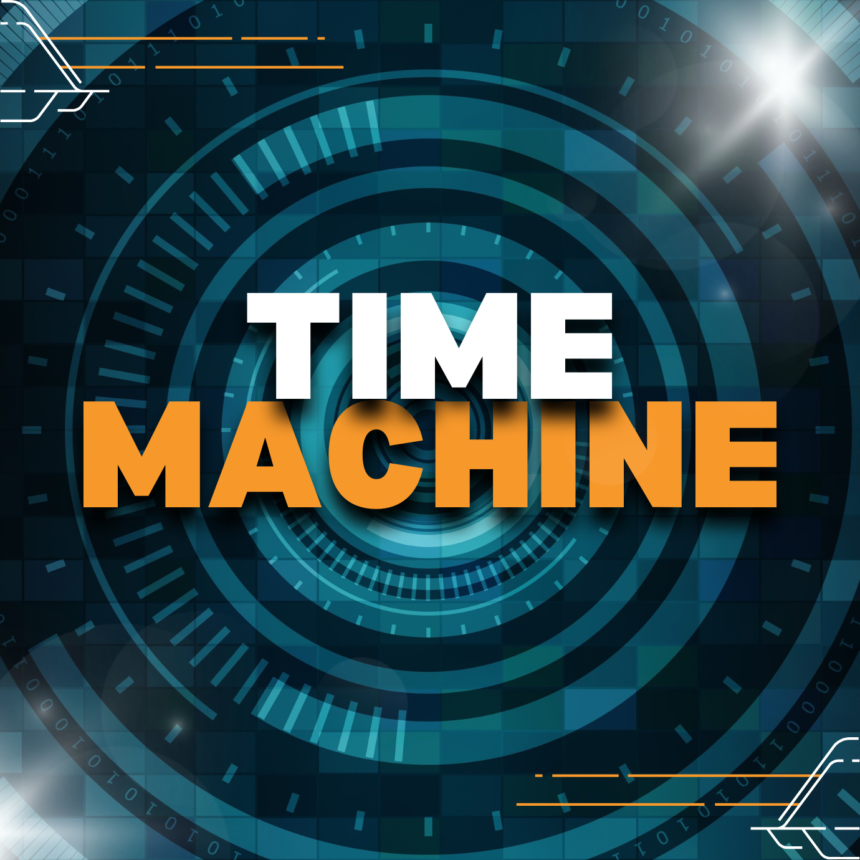The concept of a time machine, a device that allows for time travel, has been a captivating and enduring theme in literature and pop culture. It has sparked the imagination of writers, filmmakers, and audiences for generations. Let’s explore the evolution of the time machine in literature and its influence on pop culture:
1. H.G. Wells’ “The Time Machine” (1895):
One of the earliest and most influential depictions of a time machine appears in H.G. Wells’ novella “The Time Machine.” Published in 1895, the story follows an unnamed protagonist known as “The Time Traveler” who invents a machine that allows him to travel forward and backward in time. He explores the distant future where he encounters two distinct species, the peaceful Eloi and the sinister Morlocks. Wells’ work laid the foundation for time travel storytelling, introducing the idea of exploring different eras and the potential consequences of altering the past.
2. “Doctor Who” (1963-Present):
The British television series “Doctor Who,” which first aired in 1963, has become an iconic example of time travel in pop culture. The Doctor, an enigmatic alien known as a Time Lord, travels through time and space in a ship called the TARDIS (Time And Relative Dimension In Space). “Doctor Who” explores various historical and futuristic settings, showcasing the vast possibilities of time travel and its impact on the Doctor’s life and the universe.
3. “Back to the Future” (1985):
The film “Back to the Future,” directed by Robert Zemeckis, became a beloved classic upon its release in 1985. The story follows Marty McFly, who accidentally travels back in time to the 1950s in a DeLorean time machine built by his eccentric friend, Doc Brown. The movie’s entertaining blend of science fiction, humor, and adventure made it a pop culture phenomenon and introduced time travel to a new generation.
4. “Harry Potter and the Prisoner of Azkaban” (1999):
J.K. Rowling’s “Harry Potter” series introduces time travel in the third book, “Harry Potter and the Prisoner of Azkaban.” Harry and Hermione use a device called the Time-Turner to travel back in time, revisiting past events to alter the outcome. The Time-Turner plays a pivotal role in the storyline, showcasing the complexities and consequences of meddling with time.
5. “Interstellar” (2014):
Directed by Christopher Nolan, “Interstellar” delves into complex themes of time dilation and relativistic effects. The film explores the concept of time passing differently in different parts of the universe due to the effects of gravity and high-speed travel. It presents a thought-provoking and visually stunning portrayal of time’s fluidity and its impact on human experience.
6. “Avengers: Endgame” (2019):
In the Marvel Cinematic Universe, “Avengers: Endgame” features time travel as the superheroes attempt to undo the catastrophic events of “Avengers: Infinity War.” The film showcases the challenges of navigating time loops and alternate realities, making for an epic and emotional conclusion to the Infinity Saga.
7. “Dark” (2017-2020):
The German science fiction series “Dark” explores intricate time travel narratives intertwined with family secrets, mysteries, and intricate timelines. The show’s complex plot and attention to detail have earned it acclaim from both audiences and critics.
8. “Tenet” (2020):
Christopher Nolan’s “Tenet” takes time travel to new heights, introducing the concept of “inversion,” where objects and people can move backward through time. The film’s intricate storytelling and mind-bending action sequences have solidified its place as a notable addition to the time travel genre.
Closing Thoughts:
The time machine and the concept of time travel have left an indelible mark on literature and pop culture. From H.G. Wells’ pioneering work to modern films and TV shows, time travel continues to captivate audiences and serve as a creative canvas for exploring themes of human curiosity, consequence, and the mysteries of time itself. Its enduring popularity ensures that time travel will remain a prominent fixture in storytelling for years to come.
